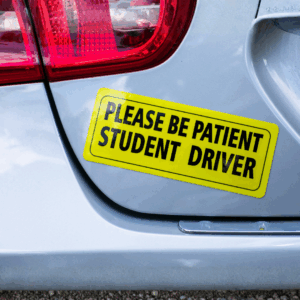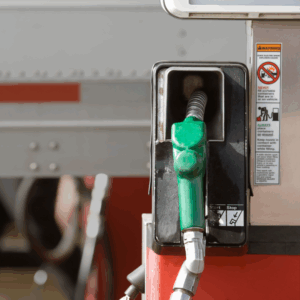Don’t let it sneak up on you – winter is around the corner! Be prepared for the worst and hope for the best! Here are some suggestions:
Check your oil level
Have an oil change at least every 5000 miles (more often on older vehicles). This is the most basic maintenance item, and yet is the most important task to do on a regular basis. Every week, we see a car that comes in with little to no oil on the dipstick. In fact, a car that is only 4 years old now requires a new engine because of an “engine knock”, secondary to metal-to-metal contact and premature engine wear due to lack of lubrication. Check your oil level soon!
Have your battery and electrical system tested.
Extreme changes in temperature, even in the summer, take their toll on batteries. Batteries generally last 3-5 years, so have it tested periodically. It is also helpful to have the corrosion cleaned from the posts and connections, to ensure good conductivity on those cold winter mornings when your battery may be operating at 50% capacity.
Check your coolant level and radiator hoses.
Having an adequate amount of coolant, and the correct mix (generally, 50/50 water and coolant- check your Owner’s Manual for your specific vehicle recommendations) will help prevent the engine block from freezing. Have the hoses checked to ensure coolant is not leaking from the system.
Check for adequate tire tread.
Your tires are the only thing between you and the road – be sure you have enough tread to stop and to hug the road on turns. At least 2/32” is recommended – you don’t want to be a sled! Depending upon where you live and where you may be driving throughout the winter, you may want to consider switching to a true “winter” tire for additional traction and safety on our snowy Colorado highways. A set of chains and/or sand can be valuable in severe weather and ice.
Are your brakes in good working order?
Stopping takes longer on icy roads, so it is even more important that your brakes stop your car quickly. Brake pads and rotors (the metal base that the pad presses against to stop your car) are wear items, and are intended to be replaced as they become thin. We generally recommend brake pad replacement at 2-3mm, and rotors should be machined to maintain a smooth surface. Rotors may require replacement if they are too thin to be machined.
Improve visibility.
Be sure your windshield wipers clean your windshield without streaking. With daylight hours significantly shorter, headlights are even more important. Replace burned out headlights, and have cloudy/scratched headlight lenses polished to let the lights shine through!
Do you have emergency items available in your car?
Helpful items include: warm blankets, jumper cables, flashlights and extra batteries, extra windshield wiper fluid, coolant, and engine oil. Don’t forget an ice scraper too! They are predicting a snowy winter, so be proactive and get your car in shape for the coming months. Let us help – ask your favorite honest and accurate auto technician to inspect your car and help you be prepared for Old Man Winter!




